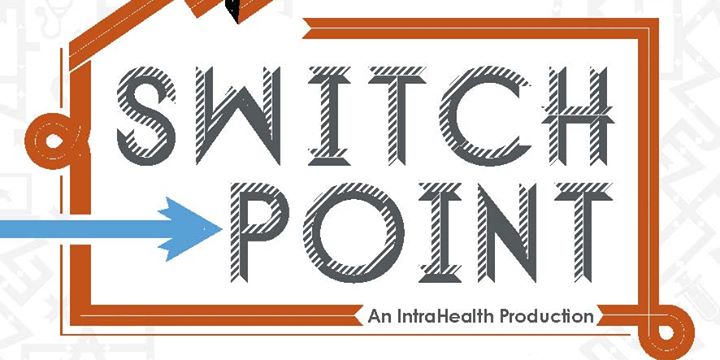Government Grants
Business Grants
Home Owner Programs
Federal Programs
About Us
World Health Organization: Addressing Ebola and other Highly Infectious Diseases Internationally
The Centers for Disease Control and Prevention entered into its current five-year cooperative agreement with the World Health Organization on September 1, 201 4. The agreement will end on August 31, 201 9. CDC and WHO initiated this cooperative agreement relationship in 1995 as an outgrowth of previous
collaborations and as part of the CDC strategy to address emerging infectious diseases.
Over the years, these agreements have served as broad-scope umbrella agreements under which a wide variety of projects addressing emerging infectious diseases may be undertaken collaboratively.
On September 19, 2011, the Government of the United States of America and the World Health Organization signed a Memorandum of Understanding (MOU) to assist WHO Member States in strengthening their capacity to meet the requirements of the International Health Regulations (2005).
The MOU encourages CDC and WHO to pursue activities that improve the abilities of all nations to detect, report, and respond to infectious diseases quickly and effectively.
CDC program managers, WHO administrators, and national health authorities agree that the activities funded under the current agreement have supported the purposes of the MOU, strengthened overall infectious disease surveillance and response, improved national public health infrastructure, and provided critical technical assistance in support of global health security.
With the ongoing Ebola outbreak in West Africa, this FOA serves to expand the cooperative agreement specifically for Ebola and other highly infectious diseases.
Surveillance, epidemiological tracking, specimen and patient handling, laboratory testing, infection control, and other public health activities, etc., all must be strengthened in Africa and globally to assure rapid detection and response and safe handling of patients or speciments suspected of being infected with Ebola or other highly infectious diseases/agents as well as to shore up ongoing public health infrastructure and programs (e.g., vaccination campaigns, routine public health activities, etc.) that are being challenged and in some instances, stalled, due to the ongoing Ebola outbreak.
Over the years, these agreements have served as broad-scope umbrella agreements under which a wide variety of projects addressing emerging infectious diseases may be undertaken collaboratively.
On September 19, 2011, the Government of the United States of America and the World Health Organization signed a Memorandum of Understanding (MOU) to assist WHO Member States in strengthening their capacity to meet the requirements of the International Health Regulations (2005).
The MOU encourages CDC and WHO to pursue activities that improve the abilities of all nations to detect, report, and respond to infectious diseases quickly and effectively.
CDC program managers, WHO administrators, and national health authorities agree that the activities funded under the current agreement have supported the purposes of the MOU, strengthened overall infectious disease surveillance and response, improved national public health infrastructure, and provided critical technical assistance in support of global health security.
With the ongoing Ebola outbreak in West Africa, this FOA serves to expand the cooperative agreement specifically for Ebola and other highly infectious diseases.
Surveillance, epidemiological tracking, specimen and patient handling, laboratory testing, infection control, and other public health activities, etc., all must be strengthened in Africa and globally to assure rapid detection and response and safe handling of patients or speciments suspected of being infected with Ebola or other highly infectious diseases/agents as well as to shore up ongoing public health infrastructure and programs (e.g., vaccination campaigns, routine public health activities, etc.) that are being challenged and in some instances, stalled, due to the ongoing Ebola outbreak.
Related Programs
Collaboration with the World Health Organization and its regional offices for global health security
Department of Health and Human Services
Agency: Department of Health and Human Services
Office: Centers for Disease Control and Prevention
Estimated Funding: $100,000,000
Office: Centers for Disease Control and Prevention
Estimated Funding: $100,000,000
Obtain Full Opportunity Text:
Additional Information of Eligibility:
Applications will only be accepted from the World Health Organization (WHO).
Full Opportunity Web Address:
Contact:
Greg JonesGJJ1@cdc.gov
Agency Email Description:
Grants Policy
Agency Email:
GJJ1@cdc.gov
Date Posted:
2015-04-29
Application Due Date:
2015-05-29
Archive Date:
2015-06-28
Social Entrepreneurship
Spotlight
Childcare Charitable Group Named Top Social Enterprise

Employers For Childcare Charitable Group (EFCG), a Lisburn-based charity, has been crowned top Social Enterprise at the Ulster Final of 2014’s Ulster Bank Business Achievers Awards. EFCG seeks to “make it easier for parents with dependent children to get into work and to stay in work.”

